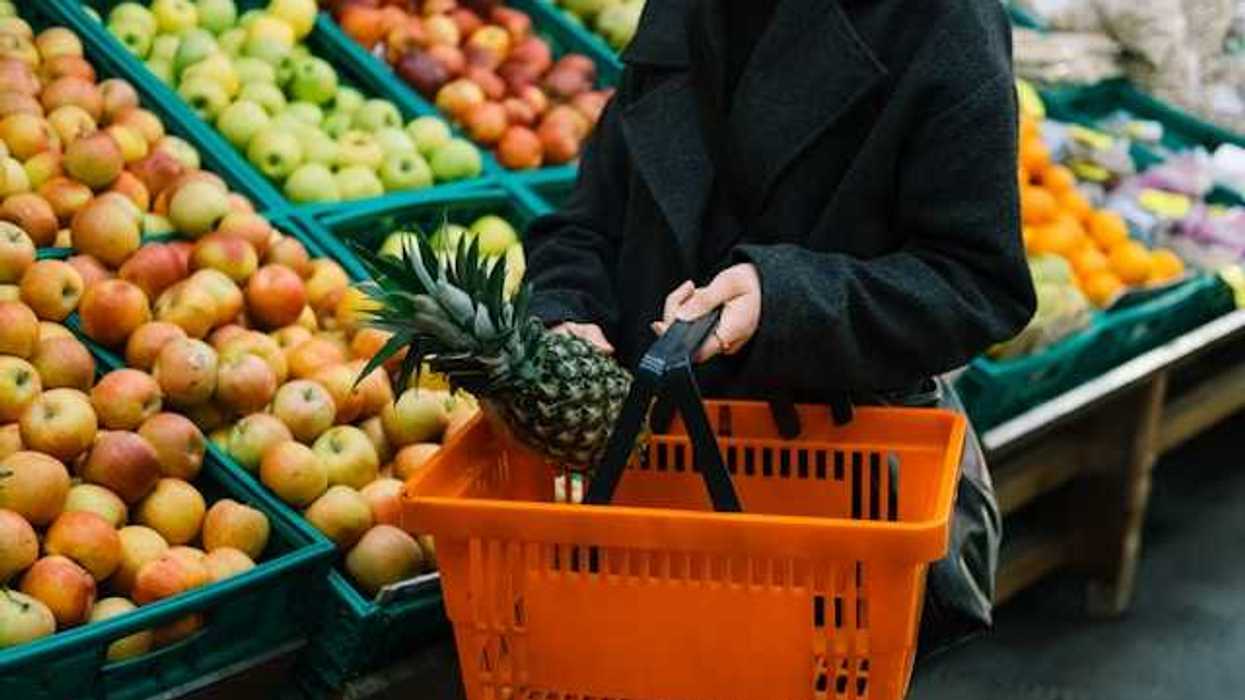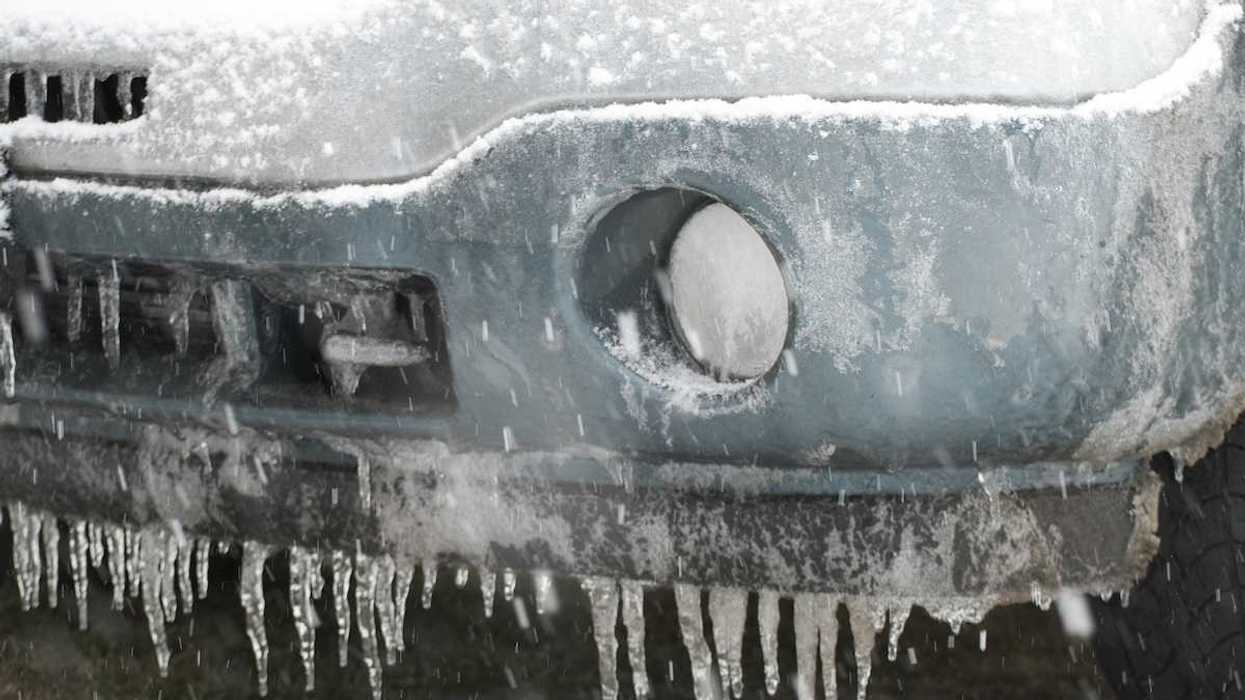When historic floods devastated California farms, small farmers like Maria Narez and Nancy Nuñez struggled to recover due to inadequate government aid programs tailored for larger operations.
Sarah Trent reports for High Country News.
In short:
- Small farms, which make up two-thirds of California's farms, are vital for food diversity and community resilience but lack sufficient government support in disasters.
- Existing federal aid programs are not designed for small farmers who need immediate support, often requiring extensive paperwork and time that many cannot afford.
- Language barriers, insufficient insurance options and systemic discrimination further complicate access to disaster relief for small farmers, especially for those who are immigrants or non-English speakers.
Key quote:
“They say once life starts hitting you, it hits you, and it hits you, and it hits you again. And once you say, ‘I’m gonna be able to recover, I’m getting up,’ you get hit once more.”
— Maria Narez, farmer
Why this matters:
Small farms play a crucial role in maintaining biodiversity, local economies and sustainable practices. However, the lack of adequate disaster relief threatens their survival, risking greater food insecurity and economic disparity in rural communities.
Related EHN coverage:














